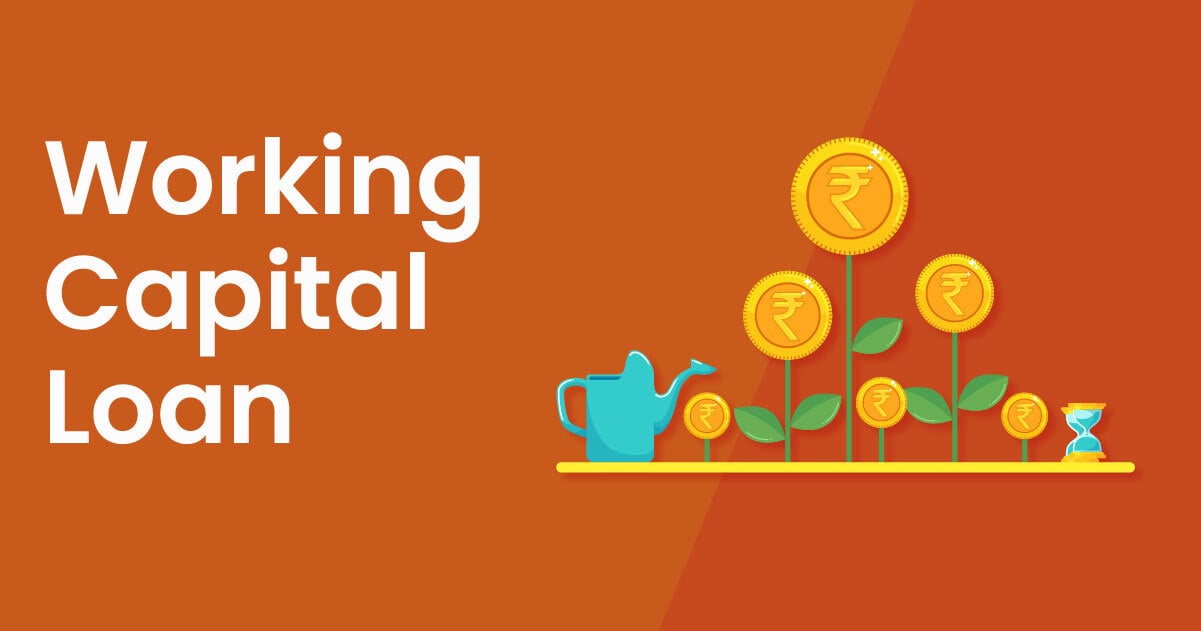Introduction
Starting or expanding a small business often requires capital. Whether you’re opening a new venture, purchasing inventory, or investing in equipment, a small business loan can provide the necessary funding. However, navigating the world of small business loans can be complex. This guide will help you understand the types of loans available, the application process, and how to choose the right loan for your business needs.
Types of Small Business Loans
- Term Loans
Term loans are one of the most common types of small business loans. They provide a lump sum of money that you repay over a set period, typically with fixed or variable interest rates. These loans are suitable for funding long-term investments like equipment purchases or expansion. - SBA Loans
Small Business Administration (SBA) loans are government-backed loans that offer favorable terms to small businesses. SBA loans include the 7(a) loan program, which is versatile and can be used for various purposes, and the CDC/504 loan program, designed for purchasing real estate or large equipment. - Business Lines of Credit
A business line of credit provides flexible access to funds up to a predetermined limit. Unlike a term loan, you only pay interest on the amount you use. This type of loan is ideal for managing cash flow and covering short-term expenses. - Invoice Financing
Invoice financing allows you to borrow money against your outstanding invoices. It helps maintain cash flow by providing immediate funds based on the invoices you have issued to customers. - Equipment Financing
Equipment financing is designed specifically for purchasing or leasing equipment. The equipment itself often serves as collateral, which can make it easier to obtain financing. - Merchant Cash Advances
A merchant cash advance provides a lump sum of cash in exchange for a portion of your daily credit card sales or a percentage of future sales. This type of financing is typically used for short-term needs and can be expensive due to high fees.
The Application Process
- Assess Your Needs
Determine the amount of money you need and the purpose of the loan. This will help you choose the right type of loan and lender. - Check Your Credit Score
Your credit score plays a crucial role in the approval process and the terms you receive. Make sure your personal and business credit scores are in good shape before applying. - Gather Documentation
Lenders will require various documents, including financial statements, tax returns, business plans, and proof of collateral. Ensure you have all necessary documents prepared to streamline the process. - Research Lenders
Compare different lenders, including banks, credit unions, and online lenders. Look at their interest rates, terms, and fees to find the best fit for your business. - Submit Your Application
Complete the loan application with accurate information and submit it to your chosen lender. Be prepared to answer additional questions and provide further documentation if requested. - Review the Terms
Once approved, carefully review the loan terms before accepting. Pay attention to the interest rate, repayment schedule, and any fees associated with the loan.
Choosing the Right Loan
When selecting a small business loan, consider the following factors:
- Purpose of the Loan: Match the loan type to your business needs. For long-term investments, term loans or SBA loans may be suitable. For short-term needs, a line of credit or invoice financing might be better.
- Interest Rates and Fees: Compare rates and fees to ensure you’re getting the best deal. Higher rates and fees can significantly impact your business’s finances.
- Repayment Terms: Evaluate the repayment terms to ensure they align with your cash flow. Longer repayment periods can lower monthly payments but may increase the total cost of the loan.
- Lender Reputation: Research the lender’s reputation and customer service. Look for reviews and testimonials to gauge their reliability and support.
Conclusion
Small business loans can be a powerful tool for fueling growth and managing cash flow. By understanding the types of loans available, the application process, and how to choose the right loan, you can make informed decisions that benefit your business. Take the time to research and plan carefully to ensure that your loan supports your business goals and financial health.



